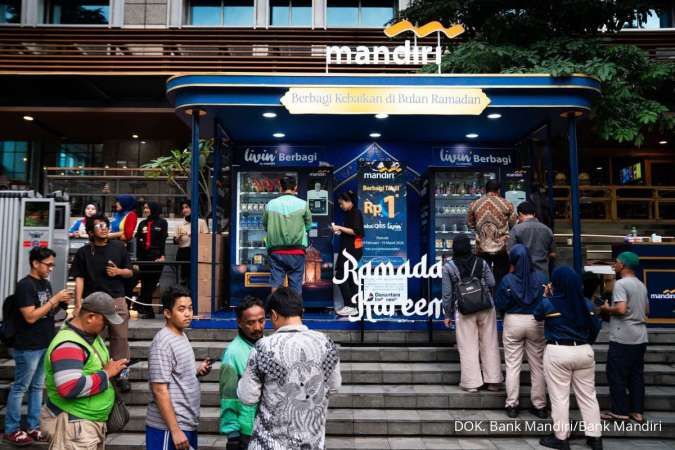JAKARTA. City train operator PT KAI Commuter Jabodetabek (KCJ) will use 70 secondhand cars that arrived both last and this month to replace older cars requiring immediate repair. KCJ spokeswoman Eva Chairunisa said on Wednesday although the number of cars had increased — as 50 cars had arrived in November as well as 20 more at Tanjung Priok Port on Wednesday — there would be no new additional schedules.“The 70 cars are intended to replace the old wagons,” she said, adding many cars required repair.Out of 600 units operating, 20 percent of air conditioning units also require attention.Eva said the 50 cars were undergoing a certification process by the Transportation Ministry, adding they could hopefully start operating in mid-December as the process took three weeks to a month. She said the company spent Rp 1 billion (US$83,400) to buy and ship every unit, refusing to detail the cost. KCJ technical director Sucipto Susilo Hadi said one car cost around Rp 600-700 million. The price is much cheaper than buying new cars, which reached Rp 12 billion per unit or Rp 11 billion per unit for cars produced by state-owned train manufacturer PT INKA.KCJ president director Tri Handoyo previously said the company could not afford to buy the new cars as it had to maintain low fares. But he assured the cars were in good condition and added they could be operated for 10 to 20 years more. After revamping the ticketing system, the number of commuter line passengers has increased. The number of passengers has reached 607,000 daily. However, complaints over the condition of the trains remain high, with trains often breaking down and the air conditioning units not working.Anggrita Cahyaningtyas, a 24-year-old commuter, said trains faced problems every week. “When the train has problems because of the signaling system or the train itself, we have to wait 30 minutes to one hour before it resumes the journey,” she said.Anggrita, who usually commuted from Bogor to her workplace on Jl. Kebon Sirih in Central Jakarta, said air conditioning usually failed to cool the train, which was packed with people. The government targeted KCJ to serve at least 1.2 million passengers daily by 2018. (Corry Elyda)
KAI to replace rolling stock with secondhand cars
JAKARTA. City train operator PT KAI Commuter Jabodetabek (KCJ) will use 70 secondhand cars that arrived both last and this month to replace older cars requiring immediate repair. KCJ spokeswoman Eva Chairunisa said on Wednesday although the number of cars had increased — as 50 cars had arrived in November as well as 20 more at Tanjung Priok Port on Wednesday — there would be no new additional schedules.“The 70 cars are intended to replace the old wagons,” she said, adding many cars required repair.Out of 600 units operating, 20 percent of air conditioning units also require attention.Eva said the 50 cars were undergoing a certification process by the Transportation Ministry, adding they could hopefully start operating in mid-December as the process took three weeks to a month. She said the company spent Rp 1 billion (US$83,400) to buy and ship every unit, refusing to detail the cost. KCJ technical director Sucipto Susilo Hadi said one car cost around Rp 600-700 million. The price is much cheaper than buying new cars, which reached Rp 12 billion per unit or Rp 11 billion per unit for cars produced by state-owned train manufacturer PT INKA.KCJ president director Tri Handoyo previously said the company could not afford to buy the new cars as it had to maintain low fares. But he assured the cars were in good condition and added they could be operated for 10 to 20 years more. After revamping the ticketing system, the number of commuter line passengers has increased. The number of passengers has reached 607,000 daily. However, complaints over the condition of the trains remain high, with trains often breaking down and the air conditioning units not working.Anggrita Cahyaningtyas, a 24-year-old commuter, said trains faced problems every week. “When the train has problems because of the signaling system or the train itself, we have to wait 30 minutes to one hour before it resumes the journey,” she said.Anggrita, who usually commuted from Bogor to her workplace on Jl. Kebon Sirih in Central Jakarta, said air conditioning usually failed to cool the train, which was packed with people. The government targeted KCJ to serve at least 1.2 million passengers daily by 2018. (Corry Elyda)

